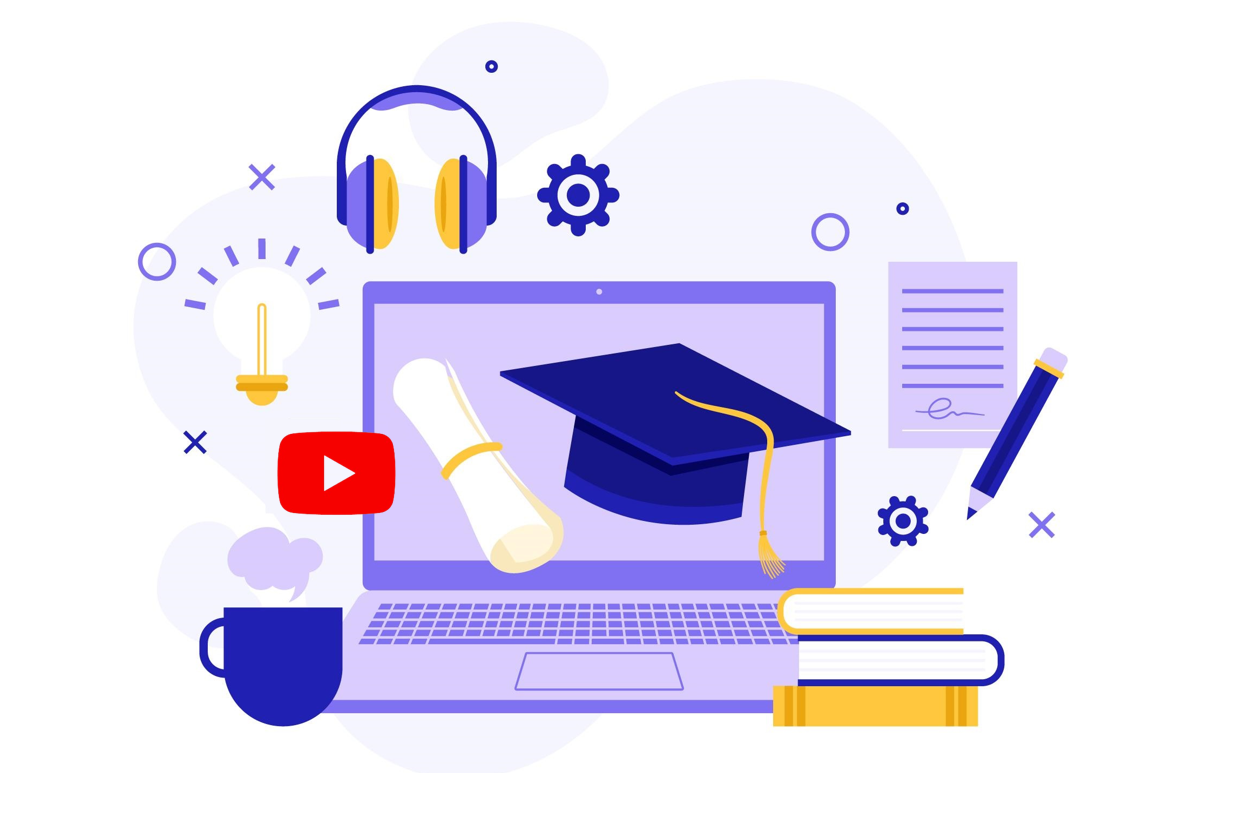
More than a decade ago, when I first became a professional trainer, I knew my skills as a learning facilitator were not up to par. I realized just how woefully inadequate my skills were when I joined a cohort of trainers at a major international bank for an empanelment exercise called ‘Train the Trainer’. Appropriately named, it was a humbling experience. It was also an experience I shall always treasure. Over nine days, I learned from seasoned trainers in what can only be described as a bootcamp. I knew I had to let go of my customary habits of showing and telling and instead use facilitation and coaching techniques to make the participants of my training sessions discover and learn things for themselves. This change was painfully slow and I was conscious of reverting to my old habits a few times. My Master Trainer and my fellow trainers were generous with their time, feedback and encouragement and I am grateful to them.
Learning workshops, training programs, university courses, coaching and mentoring can achieve the following:
- increase the amount of information we hold (knowledge)
- enhance our comprehension (understanding)
- impart new ways of doing something (skill)
- challenge our notions and assumptions (mindset)
Once we are armed with the above, we can then apply them at work and gain experience which in turn allows us to develop insights into our work, perhaps the most valuable of all the aspects of learning. In other words, we really learn by doing. It turns out that this is not enough. This process of learning is continuous and never ends. Every now and then we need to go ‘back to school’ and re-learn.
Re-learning is the process of acquiring knowledge or skills that were previously learned but may have become outdated or need refreshing. It is very clear that we can quickly fall behind if we believe that our existing level of skill and knowledge is sufficient and do not try to stay current.
This has always been true in areas such as science, especially medicine, where advances in medical research and technology necessitate ongoing education for practitioners. Effective lawyers constantly update their knowledge with changes in laws and regulations.
This need to stay up-to-date has now gained greater urgency in areas such as programming, data science, machine learning, digital marketing and cyber-security where change is not only constant but its rate is only increasing. Advances in technologies, shifts in algorithms, changes in consumer behaviour, and new and emerging threats to security have all contributed to this phenomenon.
Re-learning can be a challenge for some. Factors include cognitive biases, resistance to change and the effort needed to let go of, or unlearn, old, established habits. Complacency and not recognizing that our edge may blunt over time can make us intellectually lazy and blind to what is changing around us.
To take the first steps to re-learn, we should be aware of our own knowledge and thinking, and what and how much we need to relearn a particular skill or behaviour. John Flavell, a developmental psychologist, called this aspect of self-awareness ‘metacognition.’ What also helps us are a growth mindset, healthy curiosity, and the recognition of the value of ongoing learning.
Alvin Toffler’s words, "The illiterate of the 21st century will not be those who cannot read and write, but those who cannot learn, unlearn, and relearn” continue to be valid.
Have you had a re-learning experience? What triggered the journey? I would love to hear from you.
Great piece Ravi. Brings to mind the concious-unconscious-competence model and awareness that it builds. Well done again!
Excellent